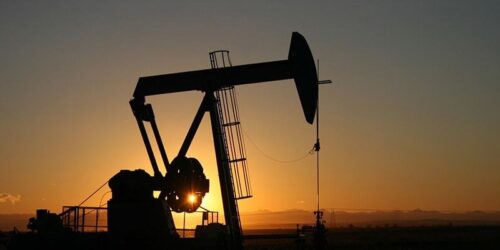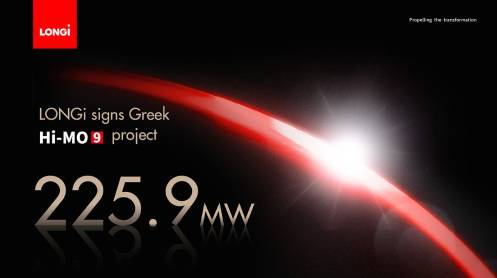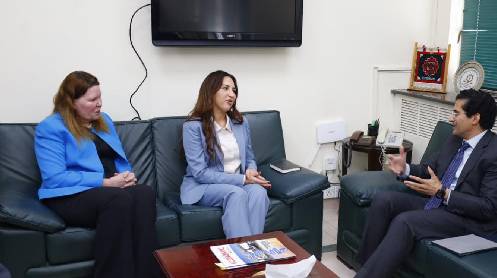Demand of high-speed diesel has increased by 26 percent whilst petrol consumption has risen by 14 percent during first quarter of FY(22). Similarly, electricity consumption has risen by 13 percent during this calendar year. All signs of robust economic growth that may be even higher than last year’s,” said Hamad Azhar Minister of Energy said in a tweet.
This is a direct result of the concessional energy/power tariffs offered to commercial and industrial sectors.
In Pakistan, petrol is being used mostly in cars and motorbikes, while diesel is used in the agriculture and transport sectors.
The per capita energy consumption of Pakistan is around 500 kilowatts, which is almost 700kW less than the region, 2,400kW less than China and more than 7,000kW less than developed countries.
The per capita energy consumption pattern in the country is indicating further high demand in the near future due to better economic growth.
After the government’s recent sanctioning of concessional power tariff on additional usage of electricity in winter to the major GDP boosting sectors, their consumption has increased.
The industrial sector is duly happy with the government’s facilitative decisions, but fears ‘inconsistency of policies’.
A top fertilisers sector told The News no doubt the industrial sector was thriving after the government’s supportive policies, yet the consistency of policies was a big challenge.
“We need surety on this front, as already due to the fear, the industries have withheld their new investments and expansion projects,” he added.
Textiles sector is also fully exploiting this facility. Uninterrupted power supply is being ensured to them and the sector has almost reached its full capacity utilization. Some are working on expanding their units. Textiles exports in first quarter (Jul-Sept FY22) increased 27.4 percent to $4.42 billion over same period of last fiscal. In FY21, textile exports increased 22.94 percent to $15.4 billion against $12.53 billion in FY20. This year, the textile sector is expecting to touch $18 billion mark.
In the post pandemic scenario, State Bank of Pakistan’s (SBP) Temporary Economic refinance Facility (TERF), announced last year also, pushed the industrial sector up. Its concessionary refinance facility for setting up new industrial units, expansion and BMR was the major support. The concessionary finance, as low as three percent, has been well utilised by industrial sector and has been a major factor in Large Scale Manufacturing growth.
The sudden demand of textiles, as well as other products due to the resumption of world economic activities, helped industries in Pakistan reap good profits with textile, especially spinning, and automobile leading the way.





